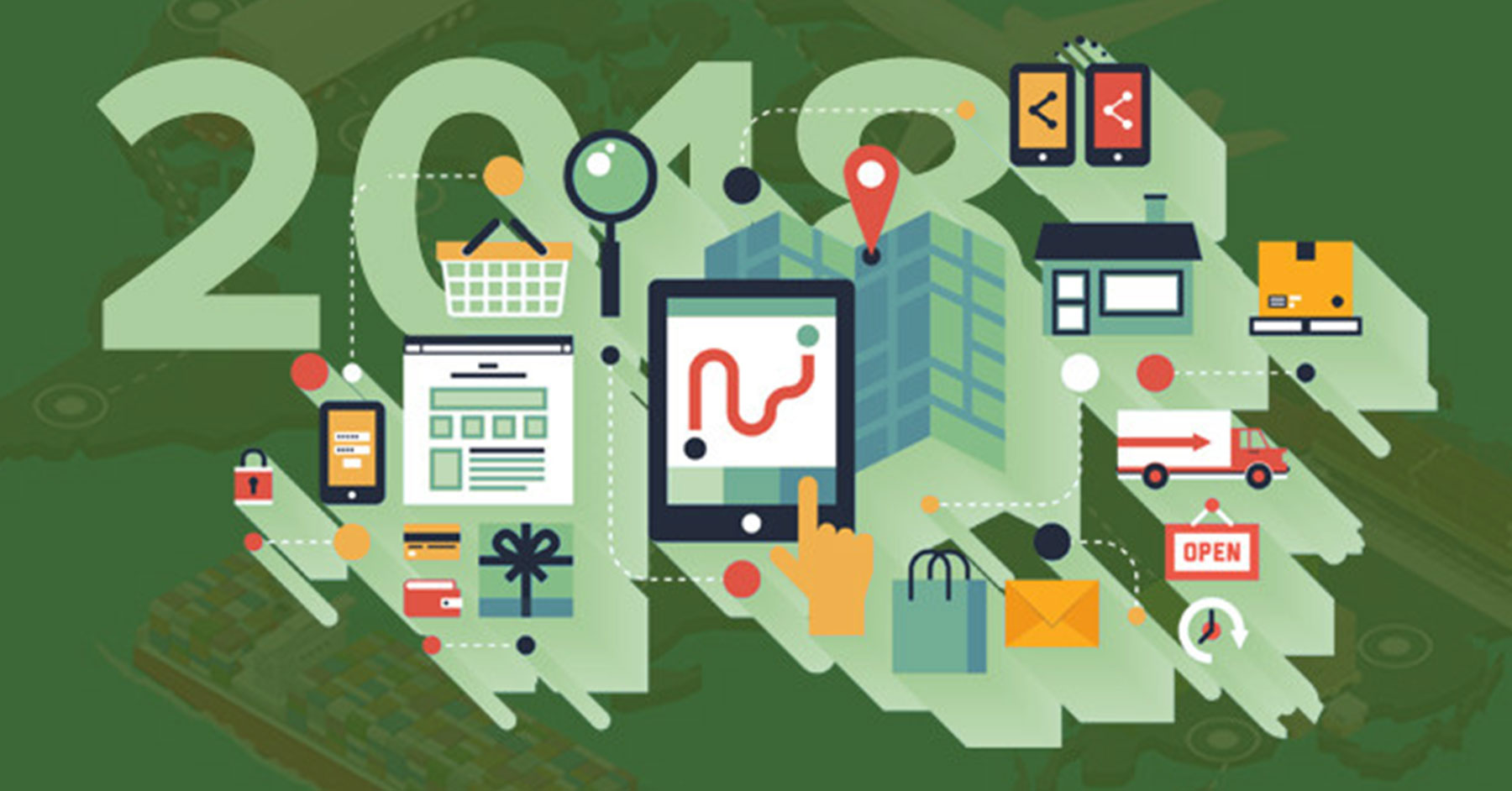The face of the typical logistics professional has morphed. This has resulted in the process of recruitment in the logistics and supply chain industries being more streamlined to identify innovative candidates who can speak the right mix of languages, with the right set of skills. In addition to logistics professionals, the increase in the need to recruit digital technology/ IT professionals is indisputable; their contribution is equally crucial to the safe and effective running of such large international businesses that are heavily dependent on data analytics and processing and other innovative advancements.
These shifts from tradition are direct results of the logistics industry having come a long way from being all about mechanics to lift goods, vessels to transport goods, and space to store goods. Being able to move items does not cut it anymore; clients need their items tomorrow, if not right now, and that to at lower cost. Virtually every existing industry has been put through pressure to work faster, safer and smarter since the rise of information technology and logistics is no exception.
In recent times and especially in 2018, we will again witness a plethora of changes. We discuss 3 such developments.
Digitisation
Individuals and businesses want their goods faster and more flexibly. End consumers often make their purchasing decisions based on how fast they can receive their items at low or better yet, no delivery cost. The manufacturing industry is producing more and more customised solutions, which is good for its customers but hard work for the logistics industry. Put all these push factors together, and logistics companies are squeezed in the same pressure cooker environment.
The demands are met though, by making maximum and intelligent use of technology; from data analytics, to automation, to the Internet of Things (IoT). Cost reduction is a crucial benefit to digitisation, along with improved efficiency, and the opportunity to make genuine breakthroughs in the way the industry works. New industry entrants are finding ways to carve out the more lucrative elements of the value chain by exploiting digital technology or ‘sharing’ business models, without being bogged down by heavy overhead. ‘Sharing’ is a big move for logistics now, from Uber-style approaches to last-mile delivery, to more formal JVs and partnerships at corporate level, the whole sector is redefining collaboration. These ventures are only possible with digitisation.
As a result, the need to recruit digital/IT experts is now high within the logistics sector. Recruitment of skills such as analytics and systematization, systems integration/ business solutions specialisation are required to manage complex IT projects and analyse system and infrastructure integration plans.
Also, the term digital transformation is on a the agenda of many boards and CEOs and we expect the recruitment of such skills to be more and more in demand.
Blockchain Technology
With digitization come inevitable risks in security, and blockchain technology is here to help.
The appeal of blockchain technology is its ability to create decentralized and immutable ledgers; networks that have no single point of failure, are maintained by multiple parties and whose information cannot be hacked or corrupted. This increases the security and transparency of all information that is stored on a blockchain across the cycle of a transaction. All the entities in the chain agree that each transaction is valid in terms of payment, warehousing, transport and/or delivery.
Blockchain also can increase the tracking and transparency of the supply chain. Shippers can gain more visibility across their supply chain and communicate important information such as loads, geo-waypoints and basic compliance information with carriers. Similarly, carriers can continually post information about their capacity for shipping vehicles and lanes, promoting fairest pricing based on supply and demand. The transparency and efficiency provided by the blockchain benefits all parties by allocating resources in the most effective way without markups by brokers.
Corporations and consortia around the globe are starting to invest in and partner with blockchain startups that are building proofs of concept in order to test solutions prior to commercialization. Marine Transport International (MIT) is using the technology to record and store Verified Gross Mass (VGM) data. The company, which is part of BiTA (Block Chain in Transport Alliance) , is building a fully integrated supply chain management system that gives insight into each stage of the logistics process. In addition, the company aims to create a decentralized brokerage system. This will essentially be an open marketplace for shippers and carriers. The end goal: optimising cost and time for every shipment.
To be able to carry out such feats, a solid understanding of the principles around blockchain systems and strong software development or engineering skills are essential. Recruiting the experts is hard. Experience in a back-end developer role is sufficient foundation, along with at least fundamental knowledge on cryptography. However these skills are scarce and companies need to be prepared to invest in training and education.
E-Commerce Booming
Amazon Prime Now’s 2-hour delivery service is the sort of level we are currently being catered to as consumers. Whether we are a pampered lot or not is up for debate, but expecting to get what we want on-demand is becoming the norm.
Due to the well-spread availability of internet connection services, the ease of purchasing items with a few taps on your phone and the promise of cheap and quick shipping, e-commerce has become a dominant market disruptor in the retail economy. Its share of total retail sales which is currently at around 10% worldwide will only grow larger; there was an increase of 23.2% in 2017 compared to the previous year. An urgency exists for logistics providers to rise to new supply chain challenges so as to close the gap between current offering and consumer needs.
Most retail giants at the moment have a broad distribution strategy in which they can reach most of their customer base in two or three days. There is a need now to switch to having smaller, regional centres allocated to serve each area batch of customers, from which they can deliver on the same day. This also translates to purchasing less quantity each order of faster-moving inventory and using a more diffuse supply chain network.
The need to recruit competent, quick-thinking managers to run operations in an ecommerce focused way is more critical than ever to retailers and third party logistics companies both big and small. Companies want problem-solvers with commercial awareness, numeracy and a thirst to further boost their business and management skills.
It looks like the future is bright for logistics professionals and logistics companies that work smart, welcome innovation, and take advantage of new technologies to give themselves an edge over competitors in this dynamic industry.
Sources:
- http://www.inboundlogistics.com/cms/article/people-the-power-behind-the-supply-chain/
- https://www.pwc.com/sg/en/publications/assets/future-of-the-logistics-industry.pdf
- https://www.bifa.org/news/articles/2017/feb/blockchain-technology-in-logistics
- https://techcrunch.com/2017/12/15/ups-bets-on-blockchain-as-the-future-of-the-trillion-dollar-shipping-industry/
- http://cerasis.com/2018/02/15/top-logistics-trends/
- https://www.smartinsights.com/digital-marketing-strategy/online-retail-sales-growth/
- https://www.computerworlduk.com/careers/how-get-job-as-blockchain-developer-3640764/





